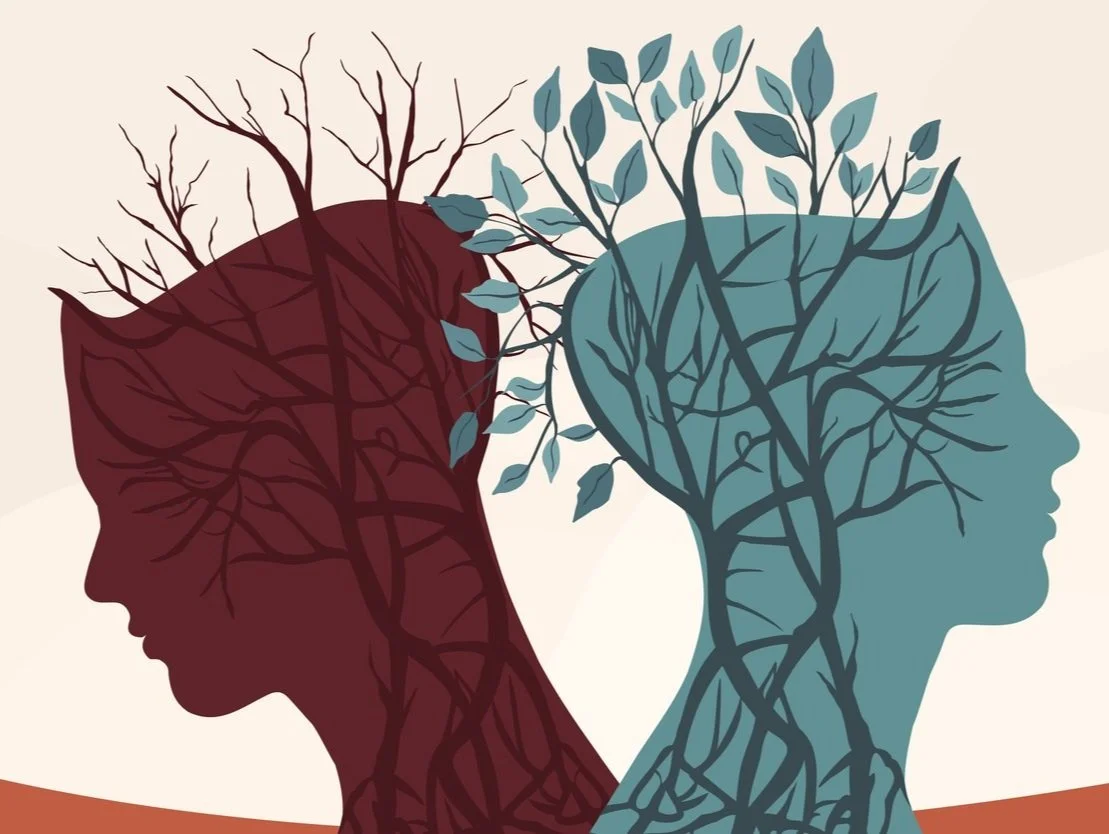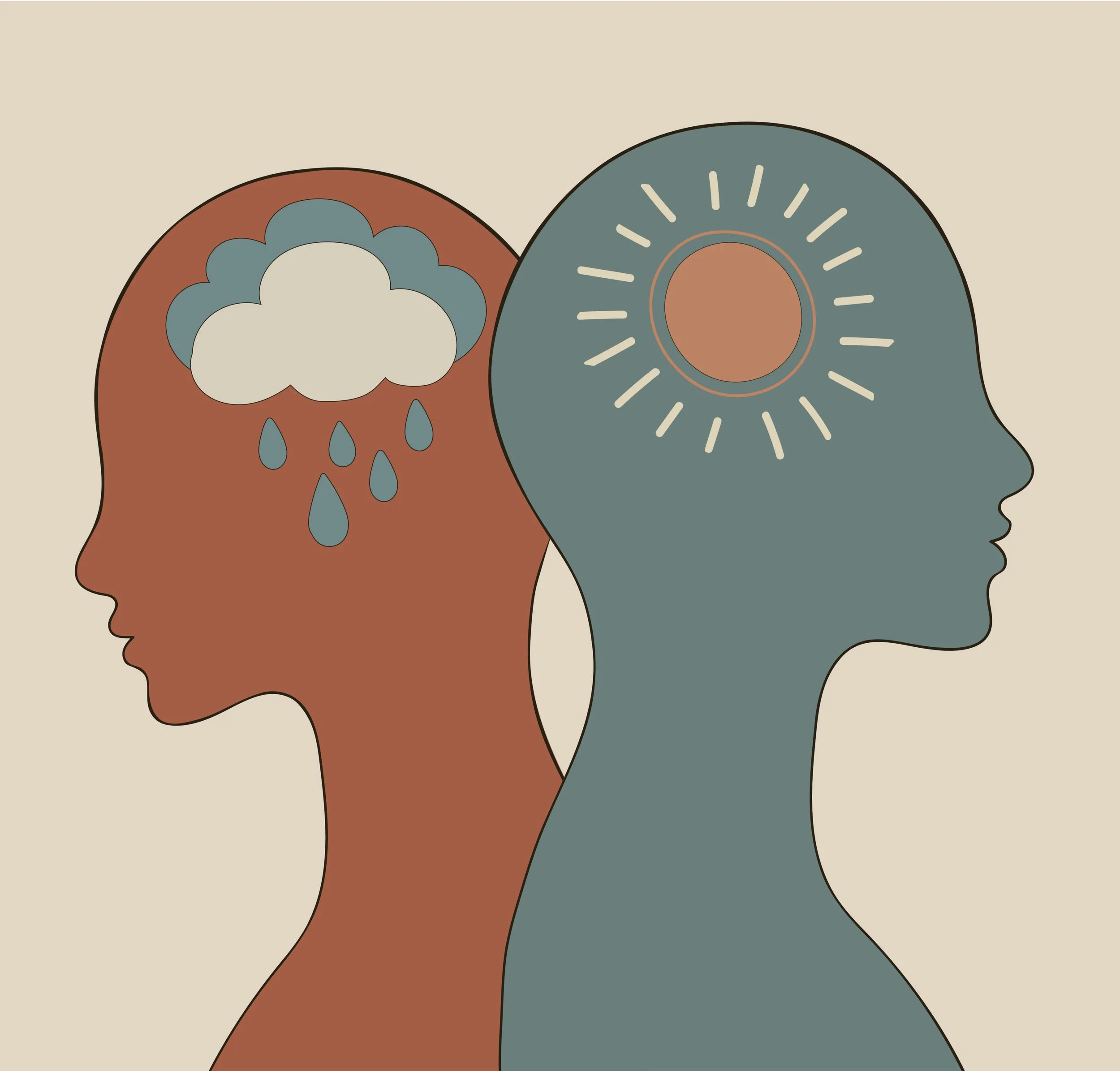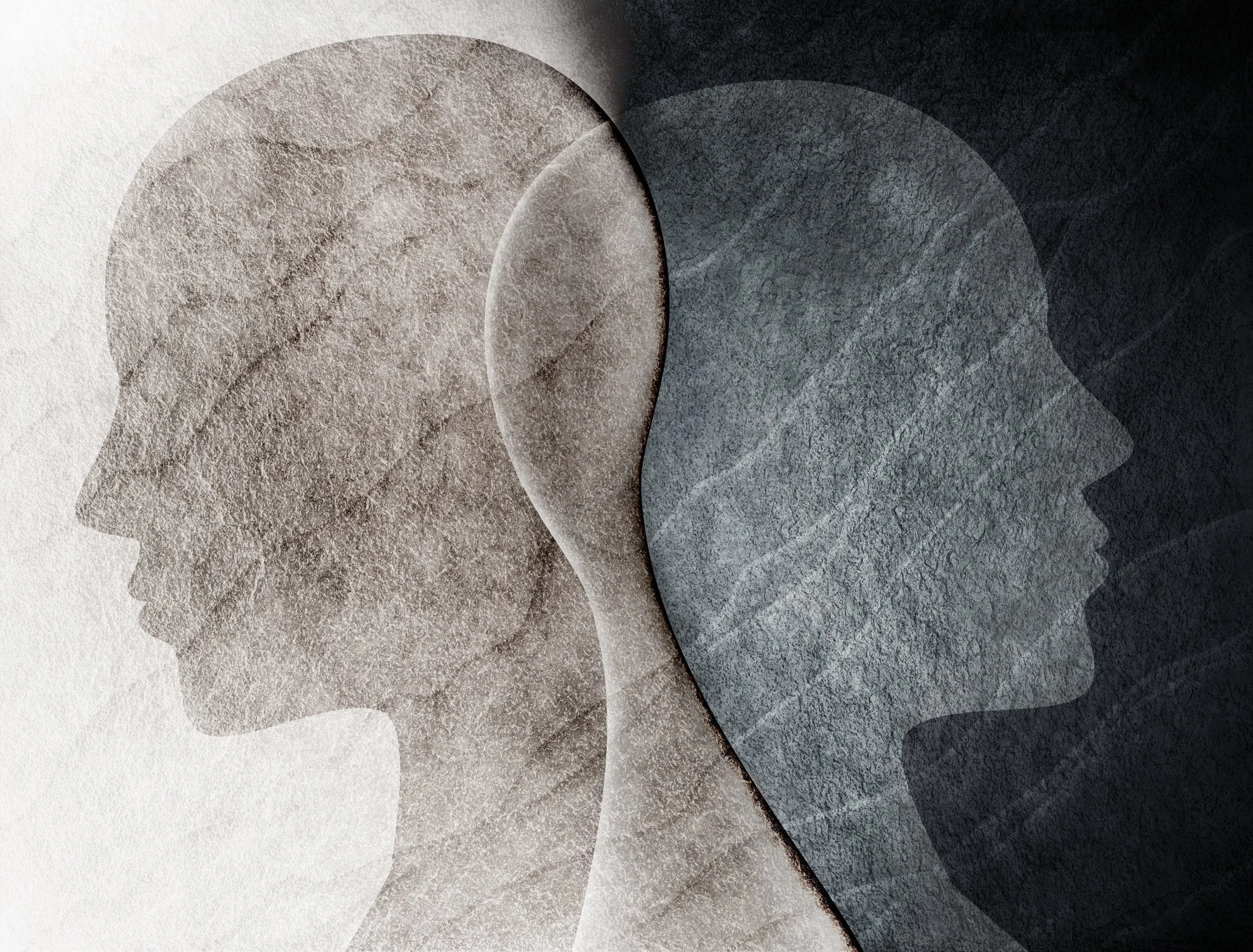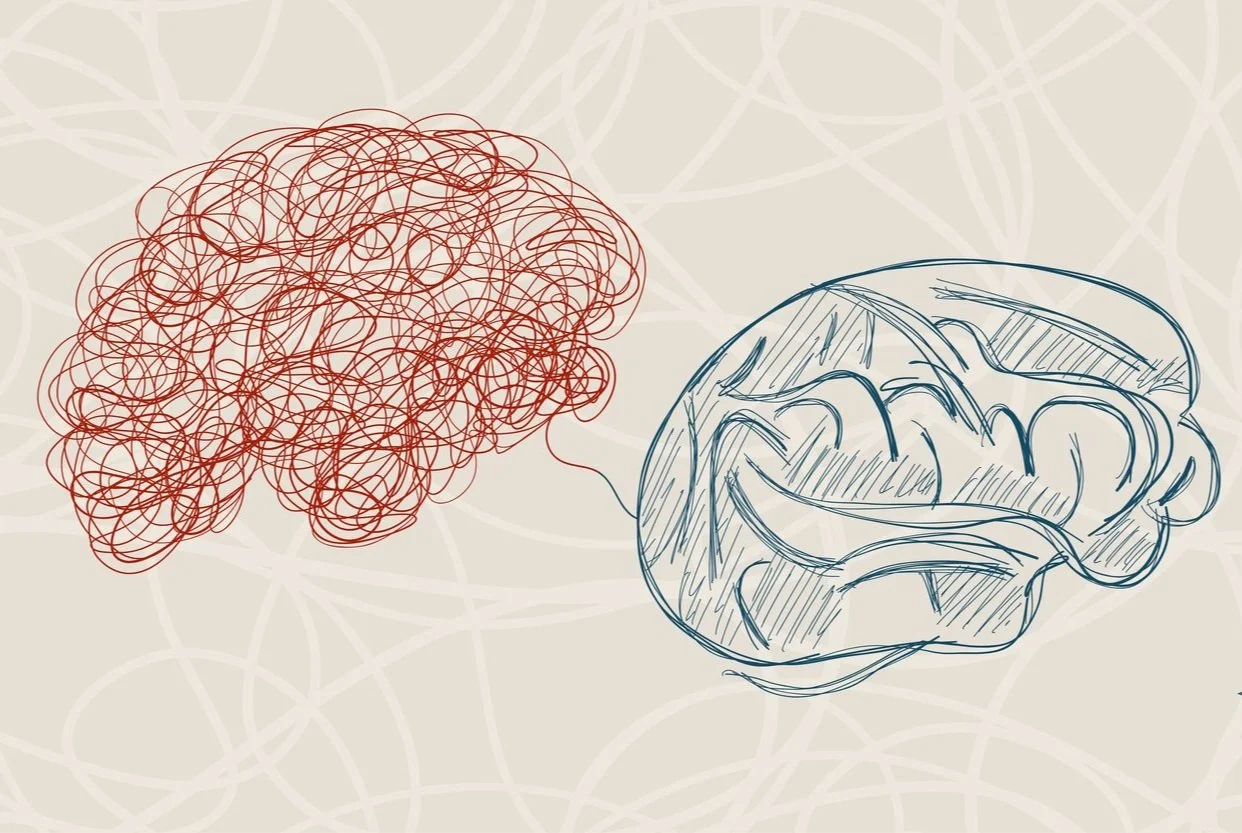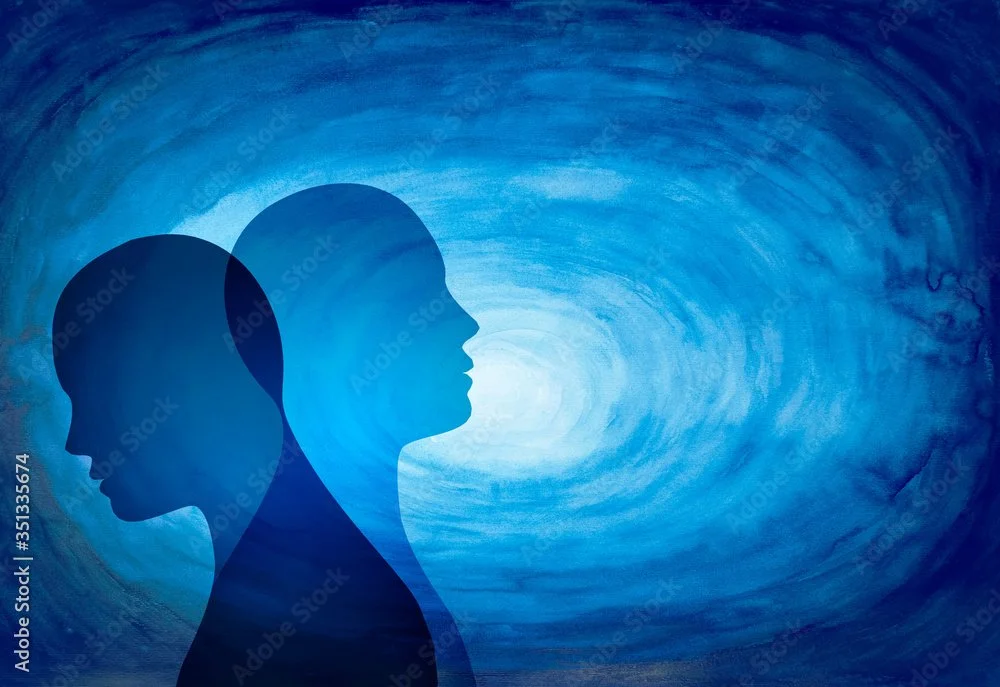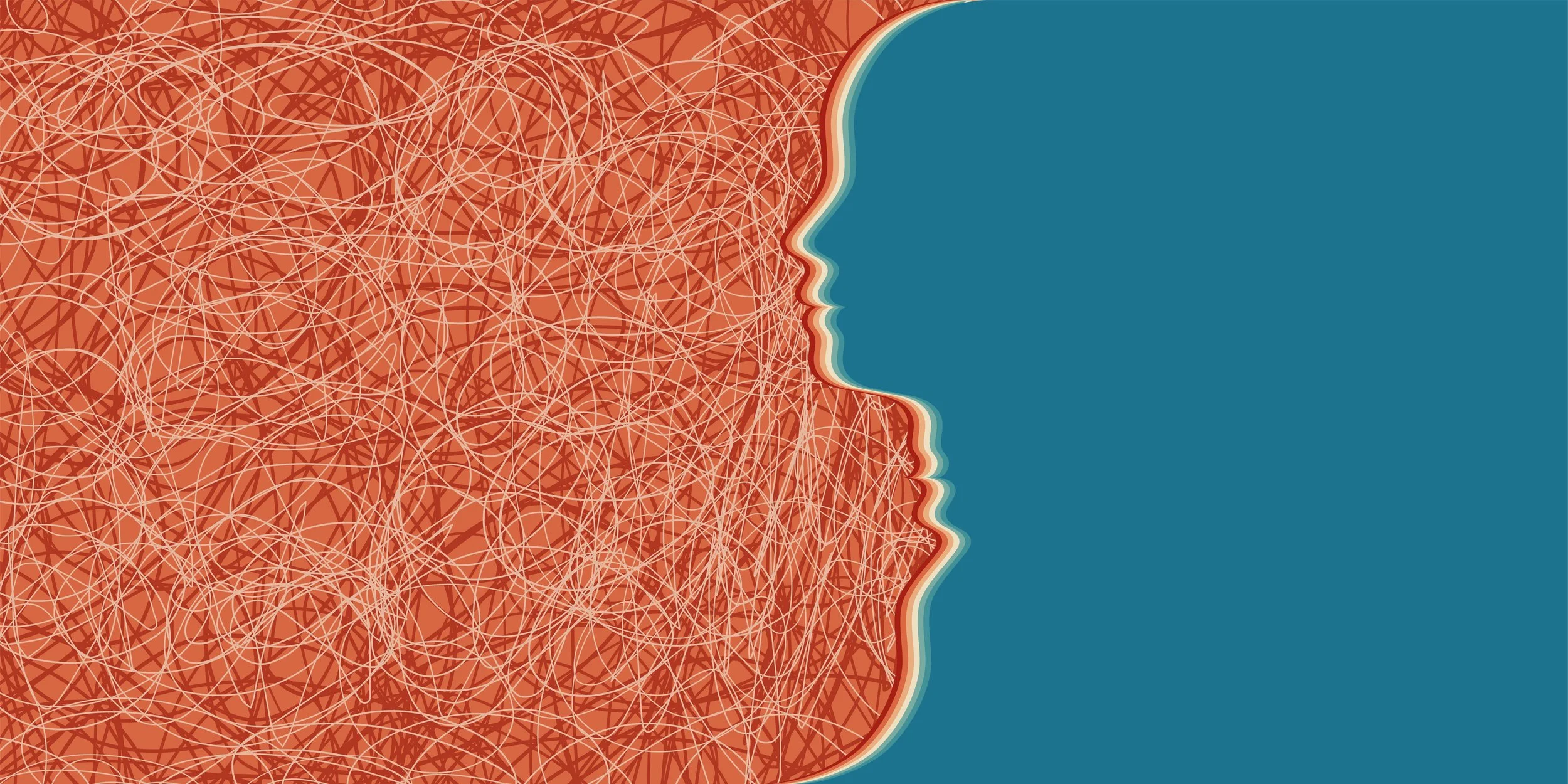
Your child's emotional health is number 1
Mental health symptoms and disorders such as depression and anxiety are common in adolescents (ages 13 to 18). According to the National Institute of Mental Health (NIMH), about 31.9% of adolescents (ages 13 to 18) in the US will experience an anxiety disorder and about 13.3% will experience a depressive episode in a certain year. Your child's doctor wants to make sure you know what to watch for, where to get help, and what some of the biggest risk factors are, so you can be prepared if you start to notice mood changes.
If you start to notice any of the following:
Change in Mood
Persistent sadness or irritability
Extreme mood swings
Irritability or anger
Extreme perfectionism or pressure
Perfectionist tendencies
Feeling overwhelmed by school or extracurricular activities.
Substance use or abuse
Increased alcohol or drug use
Behavioral changes related to substance use.
Change in Behavior
Withdrawal from social activities.
Evasion of responsibilities
Risky behaviors
Frequent absences or skipping school.
Cognitive and emotional changes
Difficulty concentrating
Excessive worry
Feelings of worthlessness or guilt
Low self-esteem
Social isolation or problems with peers
Loss of interest in friends
Bullying or being bullied
Problems with relationships with colleagues
Physical Symptoms
Frequent headaches or stomachaches
Unexplained fatigue
Self-harm and suicidal thoughts
Self-injury
Suicidal thoughts or actions
Preoccupation with death
What to do if you notice these signs
If you notice that your child begins to experience mood changes that last more than 7 days or that make it difficult for him or her to function, call your child's doctor. You can also contact us at Mammha Kids by sending an email to support@getmammha.com. Mental health problems in adolescents are treatable and the sooner they are addressed, the better the long-term outcomes tend to be.
For immediate access and support, you can contact the Suicide Prevention Lifeline, which is available 24/7. Simply dial 988. If you think your child may harm themselves or someone else, call 9-1-1.


